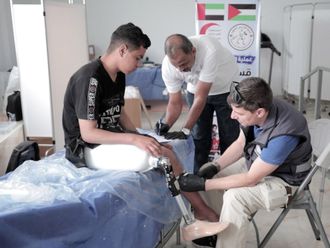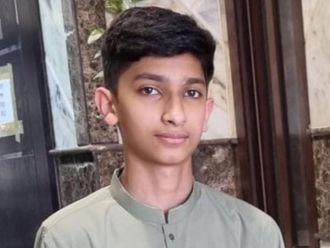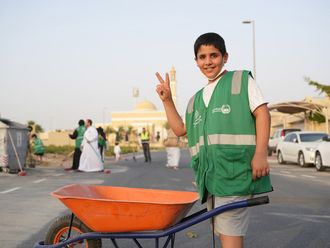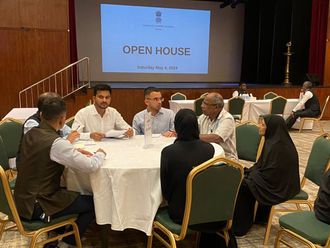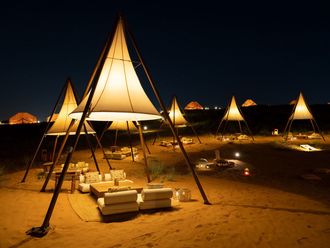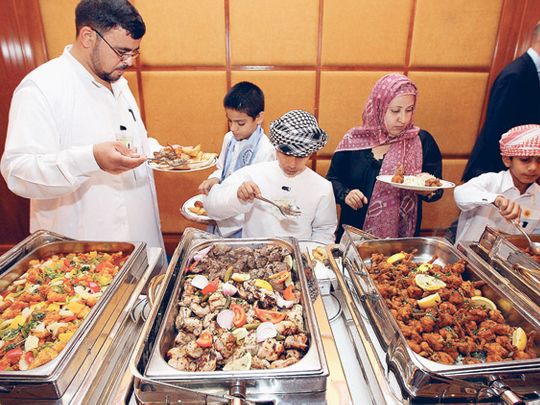
Dubai/Abu Dhabi: With the mercury and humidity already running high, doctors and nutritionists are warning those who plan to fast about the dangers of dehydration, especially while fasting during Ramadan.
Ramadan is expected to begin on August 11, the hottest time of the year in the UAE when humidity is relentless even at night.
Those who are addicted to their daily dose of latte, umpteen cups of tea or who are heavy smokers, are also advised to start bringing down their consumption now to prepare for the month of fasting.
Dietician Yasmine Haddad from the Lively health and nutrition lounge said: "You will start feeling the withdrawal symptoms and will get headaches and migraines" during the fast.
Indulgence
Dr Humaira Nasser, general practitioner at Al Noor Hospital in Abu Dhabi, said people should drink about four litres of water daily (about 15 glasses of water). "Those who do not have high blood pressure should add a little salt to the water [for electrolytes]," she said.
Ironically, many Muslims put on weight during the month of fasting. The GP warned against over indulging in the traditional heavy, oily foods of Ramadan. "It's understandable that people want to feel the spirit of Ramadan, but don't eat too much," she said.
Yasmine also warned against eating spicy food as it induced thirst. "All the blood rushes to the stomach to digest this type of food and you will feel listless," she said. And as breakfast was the most important meal of the day, Yasmine advised against skipping Suhour.
Many people eat a late night meal and sleep through till the dawn prayers.
"You need complex carbs [carbohydrates] to get you through the day," she said. Complex carbohydrates could be gleaned from eating brown bread, cereals and dairy products, the dietician said.
Dr Humaira said many people believed that they should eat a lot during Suhour, the first meal just before dawn, to make it through the day. "What they don't know is that it will lead to dyspepsia and indigestion," she said.
"You will feel discomfort, heartburn or nausea, during fasting hours the following day."
Appetisers
At Iftar, Yasmine advised water and dates to give a rush of energy. Soups, such as lentil and vegetable soup with meat balls, soothes the stomach, she said. These soups provide the body with iron, calcium and Vitamin A to help it "catch up" on nutrition after a day of fasting.
Iftar appetisers should be salads, but be careful of eating fried pastries, she said. The main meal should be cooked in very little vegetable oil — not in butter or ghee, she said.
"You have to plan your meals carefully," Jasmine said. "Remember, your nutrition and calorie needs remain the same and eating just one meal a day is wrong."
For many, the days during Ramadan turned topsy-turvy. Abdul Raouf, 15, said he planned to stay up late at night during Ramadan.
Dina Nasser, an Egyptian expatriate housewife and mother of three, said: "My entire lifestyle changes during Ramadan.
"I will divide my time between cooking for my family, praying and reading the Quran."
— With inputs from Mayar Raouf, Staff Reporter





